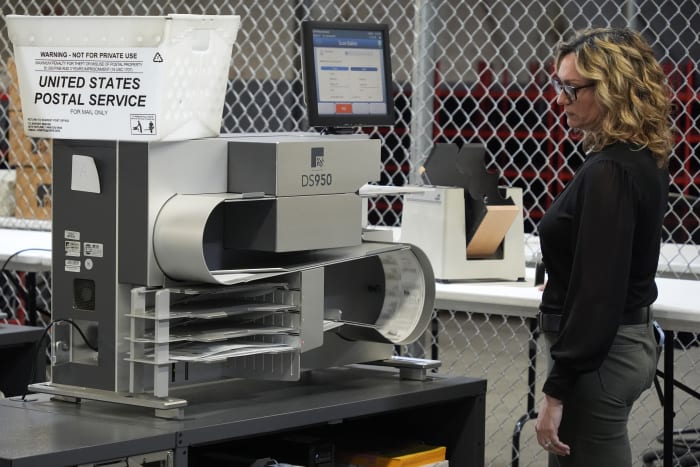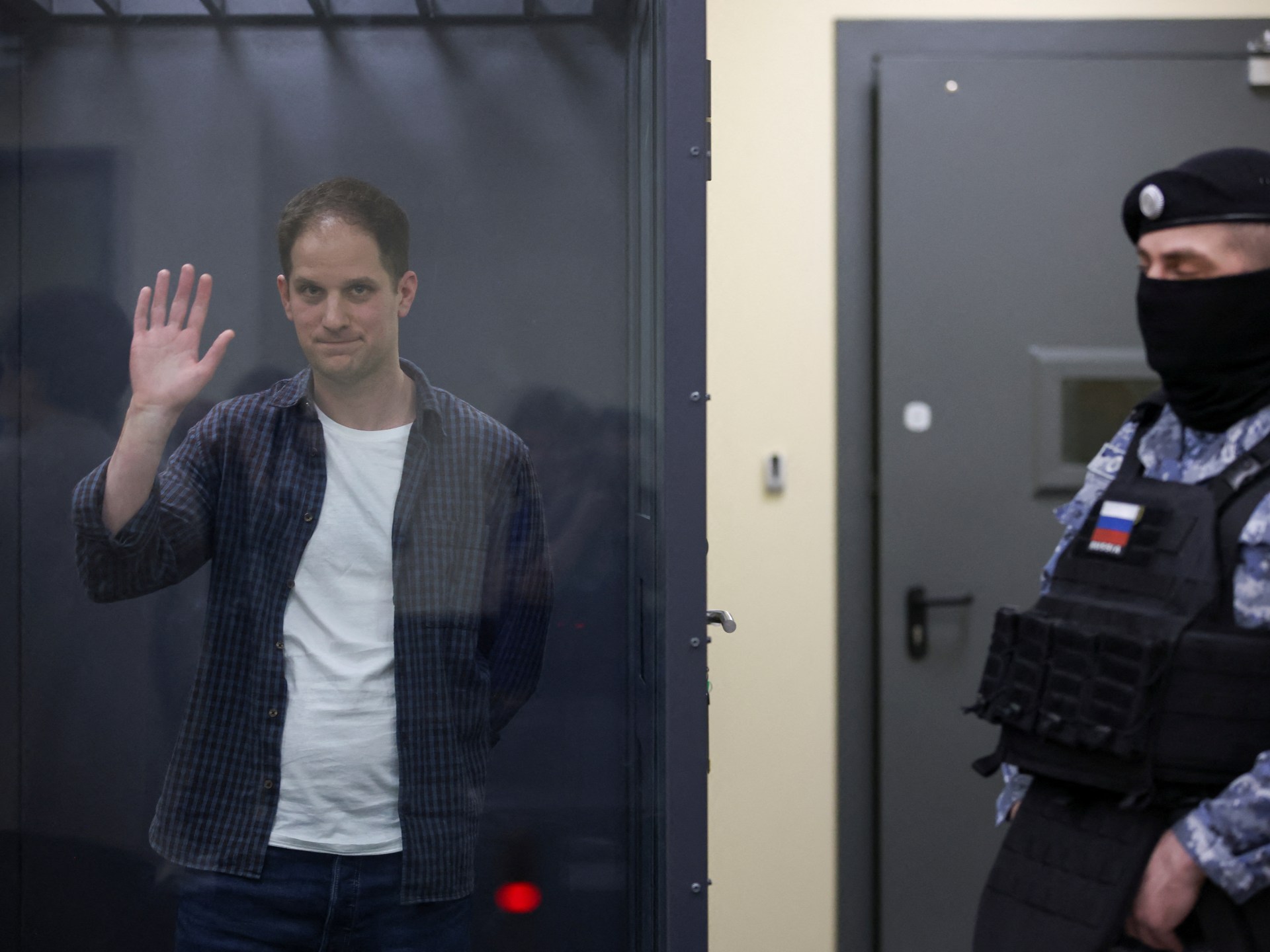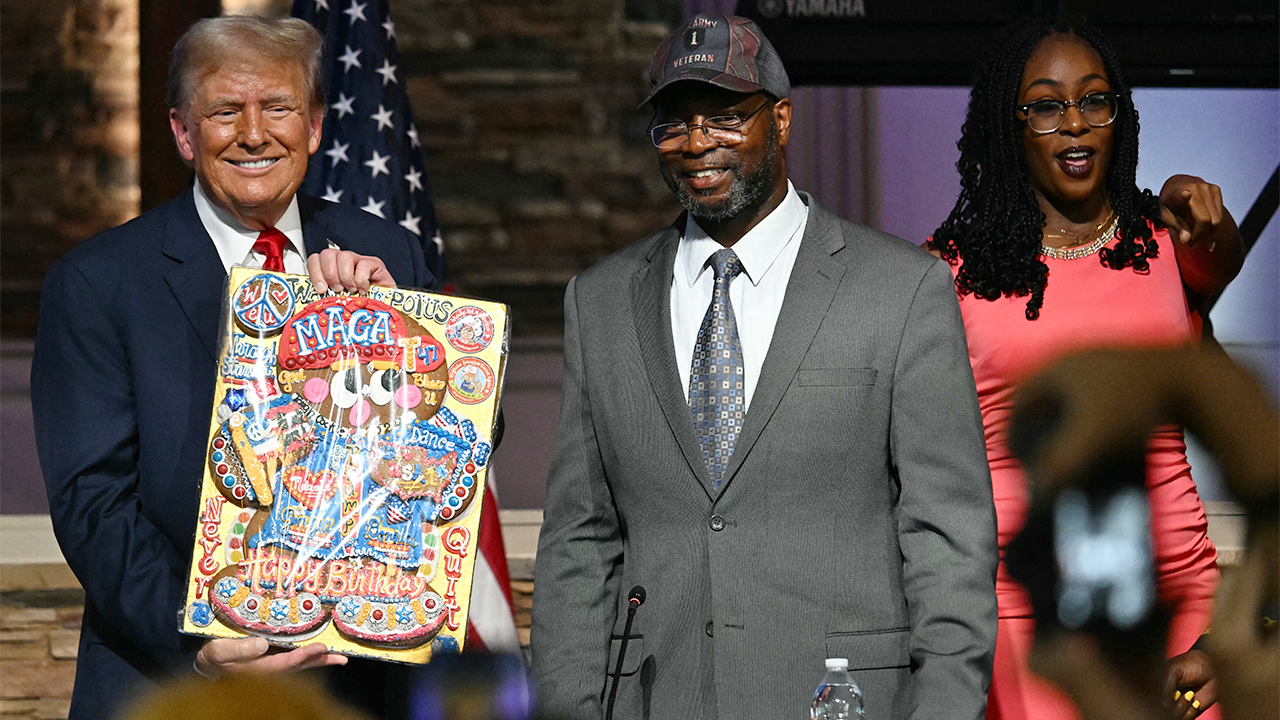Michigan
Experts say Michigan law 'has the back' of election workers and voters – WDET 101.9 FM
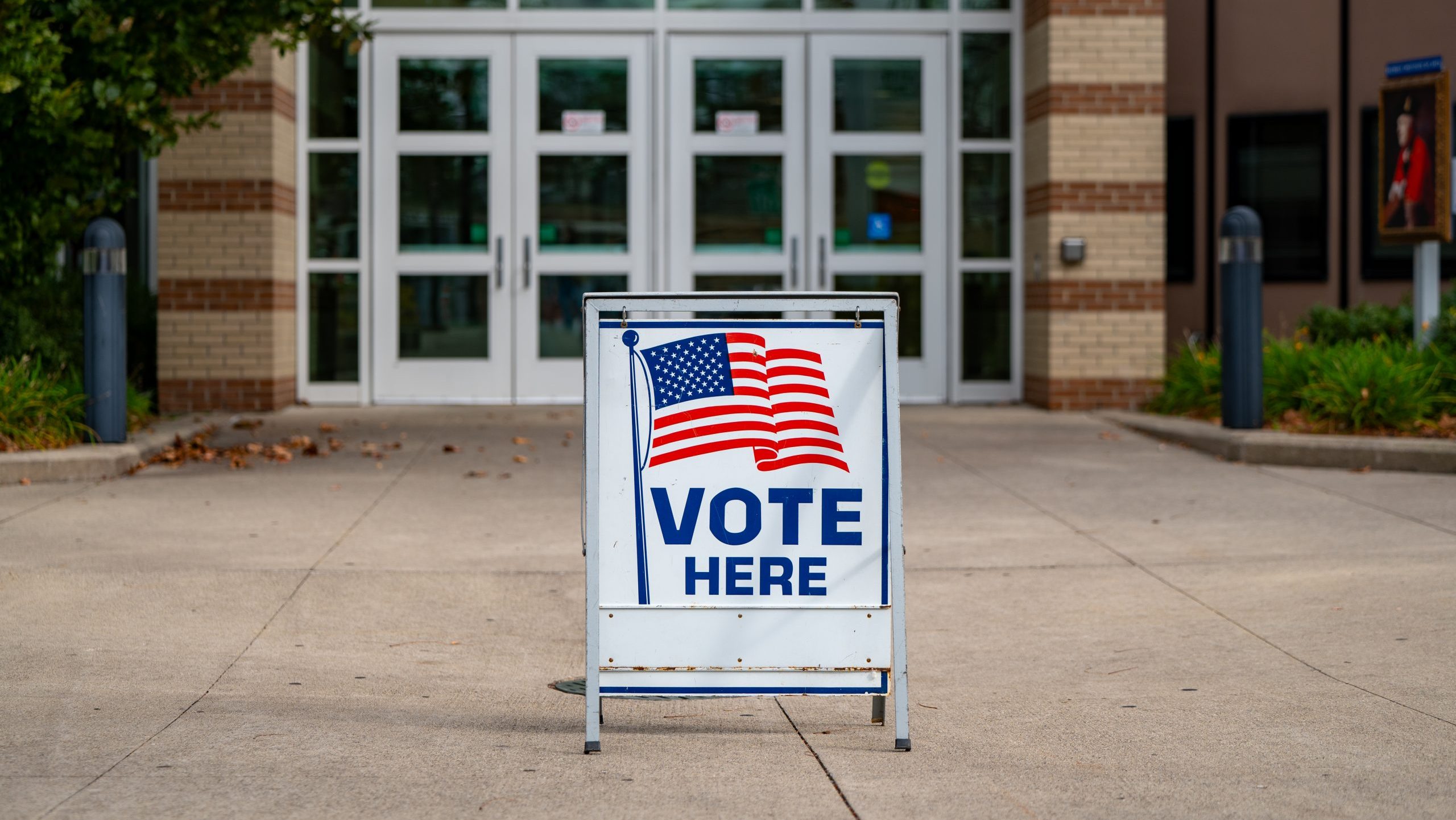
Experts say election workers and even voters face an almost unprecedented amount of tactics designed to intimidate them.
A recent poll from Bloomberg/Morning Consult found that roughly 50% of registered voters across a group of swing-states — including Michigan — aren’t confident the election and its aftermath will be free from violence.
But a new analysis finds both federal and Michigan law offer ample protections against bullying at the polls.
The Brennan Center for Justice at the New York University School of Law studied voters’ rights in political battleground states including Michigan.
Senior Counsel Eliza Sweren-Becker says anyone encountering trouble at the ballot box has many options available to defend themselves.
Listen: Experts say Michigan law ‘has the back’ of election workers and voters
The following interview was edited for clarity.
Eliza Sweren-Becker, Brennan Center for Justice: Federal law sets a floor preventing and prohibiting intimidation of voters and election officials. And those laws are quite strong. They’ve been on the books for a long time and they’ve been enforced for many, many years. The states can go above and beyond that floor to protect voters against intimidation. And they do, in fact, do that. The laws that are specific to Michigan are really complimentary and consistent with the existing federal laws. They’re enforced by different prosecutors as opposed to U.S. attorneys and employees of the U.S. Department of Justice. The laws in Michigan also go to some of the more specific election-related issues that may be occurring in Michigan. For example, Michigan law places a number of guardrails around voter challenges. And that’s something that federal law doesn’t get deeply in the weeds of. But Michigan law constrains them in a number of different ways.
Quinn Klinefelter, WDET News: There was a controversy at the central Detroit location where they counted votes in the last presidential election. Officials moved some observers out, they complained that they were getting in the way of counting votes, more or less. And those poll watchers claimed that they were being sent out of the area so that they would not see any fraud being committed. What do you suggest either the poll watchers or the workers do in such a situation?
ES: Not knowing the specifics, if those who were present at the vote-counting site were intimidating the election workers or disrupting the election processes, then the election officials and workers were appropriately removing folks. Election observers remained at that vote-counting site and nothing inappropriate happened as a result of those removals. The thing that was inappropriate was the disruptive and intimidating conduct.
QK: Are there any differences in Michigan’s voter intimidation laws as opposed to other states that surprise you in any way?
ES: The protections against intimidating election officials in Michigan, for example, are quite specific. And that’s an issue that we’ve seen come up in Michigan in recent years. And so, the law affords particular protections for election workers and officials explicitly in the Michigan code. And while it’s true that every election worker and poll worker is protected against intimidation, the level of specificity may differ in certain states. It’s a clear and strong protection for election officials and election workers in Michigan.
QK: That’s certainly become an issue in Michigan, as many election workers have talked about fear over their safety, not just during election day or when they are counting votes, but they oftentimes get threatening voicemails or other things directed at them even after a certain candidate has lost. Are there steps that can be taken either during the actual vote counting if intimidation occurs, or something else that election workers can do nowadays, compared to the past, if it happens before or after election day?
ES: If there are issues that are occurring at a polling place, for example, intimidation by a poll watcher or a challenger, poll workers in Michigan have the authority to remove that disruptive or intimidating poll watcher or challenger from the voting premises. So it’s not just a remedy after the fact. But if there’s instances of misconduct, as they’re occurring poll workers have the power to stop that in its tracks.
QK: If something develops that’s of concern on election day itself, a lot of times you’ll hear major political parties say, “We have attorneys at the ready.” And they say they’ll go to court to make sure that this or that is addressed in some way. For the various workers or voters, for that matter, who might be waiting to cast their vote or in the midst of doing so, what would you suggest they try to do? Especially if they don’t seem to have a group of attorneys at the ready. Are there particular ways that they should protest that they feel like they are being intimidated, or particular officials they should protest that to?
ES: Yes. If somebody is going to the courthouse to vindicate voting access and voting rights, typically the remedy they might get is, for example, an extension of polling place hours to ensure that voters have the opportunity to cast their ballots and any disruption that may have taken place doesn’t infringe on the number of hours that voters are entitled to be able to vote on election day. But in the moment of intimidating or disruptive conduct, the first thing I’d recommend is that a voter alert an election worker to that conduct. Those workers, again, have the authority to maintain order within the polling place. And voters can also call a nonpartisan election protection hotline if they are observing anything that they think is out of the ordinary, that is disruptive, that is intimidating. That is a way to pass along those concerns and complaints. And it could enable that person or set of voters to actually get representation if needed, because nonpartisan lawyers participate in that election protection hotline to make sure that every vote cast counts on election day. That number for election protection is (866) “OUR-VOTE.” There are strong existing state laws and federal laws — including state laws in Michigan — that protect voters from intimidation, election interference and disruption. And laws that likewise protect election officials and election workers. So while it’s something that we are watching very closely, voters and election officials should know that the law has their back.
Trusted, accurate, up-to-date.
WDET strives to make our journalism accessible to everyone. As a public media institution, we maintain our journalistic integrity through independent support from readers like you. If you value WDET as your source of news, music and conversation, please make a gift today.
Donate today »

Michigan
University of Michigan didn't assess if Israel-Hamas war protests made environment hostile, feds say

WASHINGTON – The University of Michigan failed to assess whether protests and other incidents on campus in response to the Israel-Hamas war created a hostile environment for students, staff and faculty, according to the results of an investigation by the U.S. Education Department announced Monday.
The department’s Office of Civil Rights investigated 75 instances of alleged discrimination and harassment based on shared Jewish ancestry and shared Palestinian or Muslim ancestry. The investigation found that the university’s responses did not meet its Title VI requirements to remedy the hostile environment.
In one instance, when a Jewish student reported being called out for viewing a graduate student instructor’s social media post about pro-Palestinian topics, the university told the student that “formal conflict resolution is not a path forward at this time,” because the incident occurred on social media.
In another instance, when a student who participated in a pro-Palestinian protest was called a “terrorist,” the university said it held “restorative circles” to address the incident but did not take further action.
In its resolution agreement, the University of Michigan agreed to administer a climate assessment, implement additional training and revise its policies as necessary. It also agreed to monitoring by the Office of Civil Rights through the end of the 2026 school year, reporting its responses to future incidents of discrimination to the department.
It’s the first investigation to reach a conclusion among dozens launched by the Education Department since Oct. 7, the day Hamas launched a surprise attack on Israel.
Complaints of antisemitism and Islamophobia have led to inquiries at more than 100 universities and school districts, including Harvard and Yale, community colleges and public schools from Los Angeles to suburban Minneapolis.
The complaints vary widely but all accuse schools of violating Title VI of the Civil Rights Act of 1964, which prohibits discrimination based on race, color or national origin. Colleges and schools are required to protect students from discrimination, and when they don’t, the Education Department can invoke penalties up to termination of federal money.
Protests over the Israel-Hamas war upended the final weeks of the school year at many campuses across the country, with some cancelling graduation ceremonies or moving classes online after Pro-Palestinian protesters set up encampments in campus spaces.
The protests have tested schools as they aim to balance free speech rights and the safety of students. The Education Department has issued guidance detailing schools’ responsibilities around Title VI, but the results of the agency’s investigations could provide a clearer line showing where political speech crosses into harassment.
Finding that boundary has been a struggle for colleges as they grapple with rhetoric that has different meaning to different people. Some chants commonly used by pro-Palestinian activists are seen by some as antisemitic.
Some of the federal complaints under investigation argue that those phrases should be barred, including “from the river to the sea, Palestine will be free” and “intifada revolution.”
Meanwhile, some complaints say Arab and Muslim students have faced abuses only to be ignored by campus officials. At Harvard, the Education Department is investigating separate complaints, one over alleged antisemitism and the other over alleged Islamophobia.
More investigations are expected to be resolved in the coming weeks, but Education Secretary Miguel Cardona said his agency is struggling to keep up with the influx of cases.
Republicans have rejected requests to increase money for the Office for Civil Rights in recent years, while the average case load increased to 42 per investigator in 2023. Without more money, that figure could increase to more than 70 cases per investigator, Cardona has said.
“We are desperately in need of additional support to make sure we can investigate the cases that we have in front of us,” Cardona told members of the House in May.
On average, cases take about six to eight months to resolve. The vast majority of the agency’s civil rights investigations end with voluntary resolutions. Schools usually promise to resolve any lingering problems and take steps to protect students in the future.
While the Education Department investigates, several colleges and school districts have separately been called before Congress to answer allegations of antisemitism. Republicans have held a series of hearings on the issue, grilling leaders accused of tolerating antisemitism.
The hearings contributed to the resignations of some college leaders, including Liz Magill at the University of Pennsylvania and Harvard’s Claudine Gay, who was also embroiled in accusations of plagiarism.
___
The Associated Press’ education coverage receives financial support from multiple private foundations. THe AP is solely responsible for all content. Find the AP’s standards for working with philanthropies, a list of supporters and funded coverage areas at AP.org.
Copyright 2024 The Associated Press. All rights reserved. This material may not be published, broadcast, rewritten or redistributed without permission.
Michigan
'There goes the trampoline'; Storm damage, power outages in southwest Michigan

Severe storms blew through southwest Michigan Sunday night causing some damage and power outages in the region.
The hardest hit areas are in Van Buren County where a tornado warning was in effect around 10 p.m. Sunday. A fire official reported a tornado on the ground east of Gobles and about 7 miles southwest of Otsego.
FOX 17
Jeremiah Ashbrook of Bloomingdale captured video of high winds that sent his trampoline flying into a field.
Storm Damage Video: Trampoline flies away, Jeremiah Ashbrook
It also caused some damage to a portion of his house.
Jeremiah Ashbrook
Another viewer sent in photos showing a flipped dock and boat lift on Long Lake in Van Buren County. Their boat ended up at the neighbor’s place.

The National Weather Service has received these reports of damage as of early Monday morning.
- Lots of damage in Pine Grove and Bloomingdale areas extending to Gobles. A number of trees down, power lines down. One power pole snapped in half, one tree on house, one tree on car. No reported injuries.
- Number of trees and power lines down with power outages between Texas Corners NE to the Oakwood Area in Kalamazoo County
- “Bright electric flash” on soaked road as power went out between I-94 and US-131 interchange. Possibly a live line falling into the standing water.
- Tree limbs down in Lexington Green area in Portage
- 76 mph wind gust in Kalamazoo County
As of 11:30 p.m., Consumers Energy reports more than 21,000 customers are without power. Most outages are in Allegan, Kalamazoo, and Van Buren counties. You can see the current outages HERE.
If you do lose power, Consumers Energy recommends unplugging sensitive electronics like computers, TVs and printers to prevent electrical damage when power is restored.
If you use a generator, Consumers Energy says to never place it in your basement, garage or other enclosed space. Keep generators away from any air intakes to avoid carbon monoxide poisoning.
Consumers Energy says a downed power line should be given a 25-foot buffer. If you spot a downed power line that has not been marked, call 9-1-1 and Consumers Energy 1-800-477-5050.
Michigan
9 wounded in shooting at splash pad in Michigan
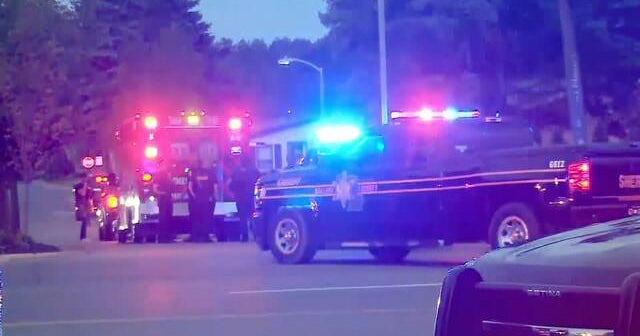
Watch CBS News
Be the first to know
Get browser notifications for breaking news, live events, and exclusive reporting.
-

 News1 week ago
News1 week agoRead Justice Clarence Thomas’s Financial Disclosures for 2023
-

 Politics1 week ago
Politics1 week agoNewson, Dem leaders try to negotiate Prop 47 reform off California ballots, as GOP wants to let voters decide
-

 World1 week ago
World1 week ago‘Bloody policies’: Bodies of 11 refugees and migrants recovered off Libya
-

 Politics1 week ago
Politics1 week agoGun group vows to 'defend' Trump's concealed carry license after conviction
-

 Politics1 week ago
Politics1 week agoShould Trump have confidence in his lawyers? Legal experts weigh in
-
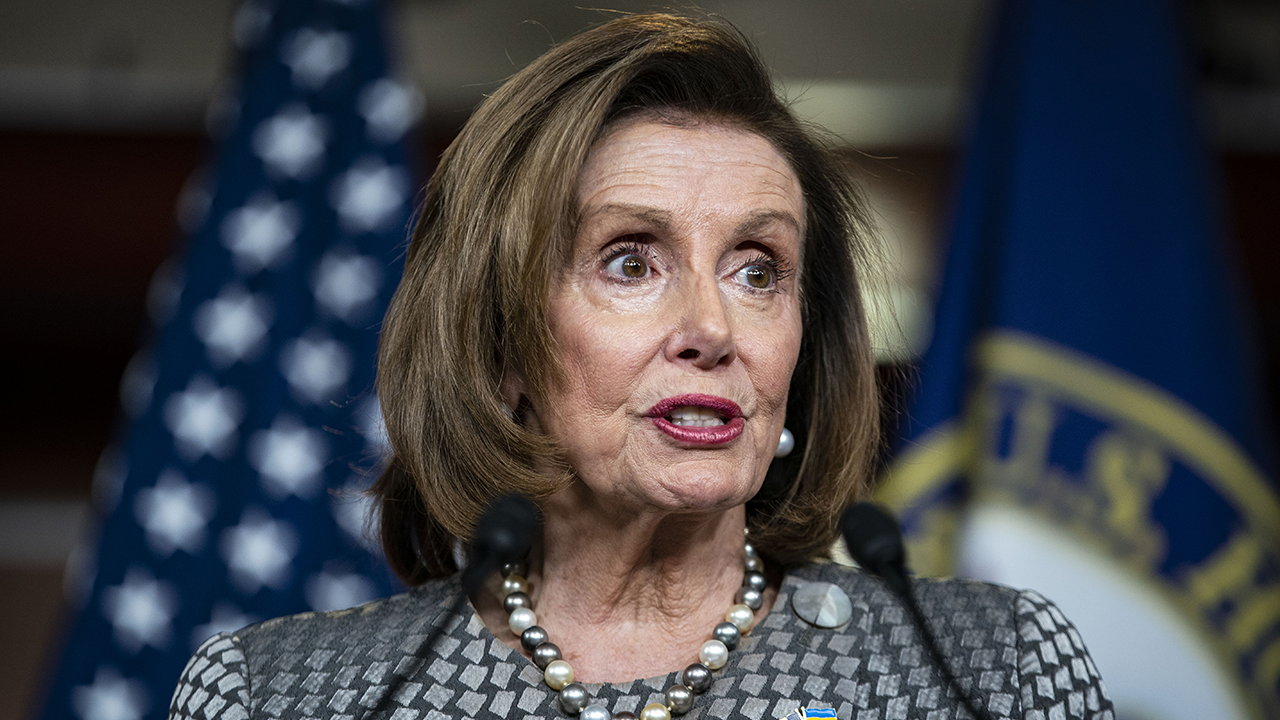
 Politics6 days ago
Politics6 days agoGOP releases Jan. 6 clip of Pelosi saying 'I take responsibility' as she discussed National Guard absence
-

 Movie Reviews1 week ago
Movie Reviews1 week ago‘Darkest Miriam’ Review: Britt Lower in a Marvel of a Drama About a Young Librarian’s Loves and Fears
-

 World1 week ago
World1 week agoOrban party loses major support in Hungary's EU election

